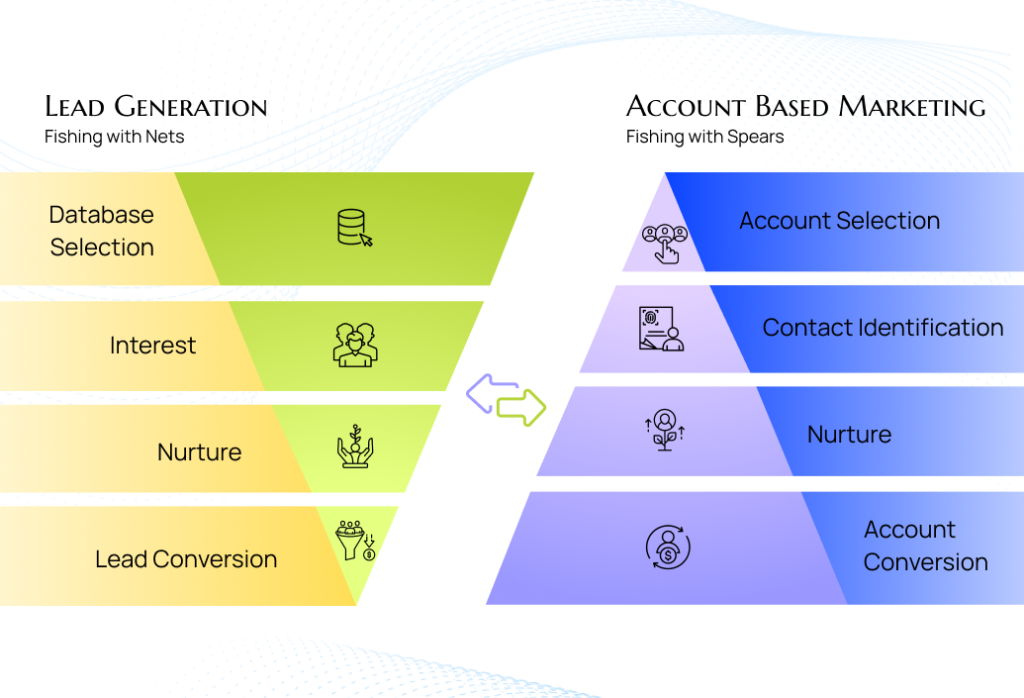
Content Syndication vs. Guest Blogging: Which is Right for Your Business?
When it comes to expanding your reach and building brand authority online, content syndication and guest blogging are two effective strategies. While both involve sharing your content with a wider audience, they serve different purposes and can yield varied results. Understanding the differences between the two can help you choose the right approach for your business.
What is Content Syndication?
Content syndication is the process of republishing your existing content (such as blog posts, articles, or videos) on third-party websites. The goal is to reach a broader audience by leveraging the traffic and authority of established platforms.
Benefits of Content Syndication:
- Increased Reach: Syndication allows your content to appear on high-traffic websites, increasing visibility to new audiences.
- SEO Backlinks: Most syndication platforms include a link back to your original content, which helps boost your website’s SEO.
- Cost-Effective: Since you’re repurposing existing content, syndication doesn’t require additional resources for content creation.
Drawbacks of Content Syndication:
- Duplicate Content Risks: If not handled properly, syndicating your content on multiple sites can lead to duplicate content issues that may harm your SEO.
- Less Control: Once your content is syndicated, you have less control over how it is presented and where it is published.
What is Guest Blogging?
Guest blogging involves writing and publishing original content on another website or blog, often in your industry or niche. The primary goal of guest blogging is to showcase your expertise and build relationships with other businesses or influencers.
Benefits of Guest Blogging:
- Builds Authority: Guest blogging allows you to establish yourself as an industry thought leader by contributing valuable content to respected publications.
- High-Quality Backlinks: By guest posting on reputable sites, you can earn high-quality backlinks that improve your SEO.
- Personal Branding: Since guest blogs are authored by you, they can help build your personal brand alongside your business.
Drawbacks of Guest Blogging:
- Time-Consuming: Guest blogging requires creating original content tailored to the audience of the host website, which can be time-intensive.
- No Reposting: Guest posts are usually exclusive to the host site, meaning you can’t republish them elsewhere, limiting the content’s reuse.
Which is Right for Your Business?
Both content syndication and guest blogging have their merits, but the right choice depends on your business goals and resources.
- Choose Content Syndication if:
- You want to quickly reach a broader audience without creating new content.
- Your focus is on driving traffic and improving SEO through backlinks.
- You have existing high-quality content that you want to repurpose.
- Choose Guest Blogging if:
- You want to build relationships within your industry and enhance your brand’s authority.
- Your goal is to attract highly targeted traffic from niche websites.
- You’re willing to invest time in creating fresh, valuable content for specific audiences.
Conclusion
Ultimately, the decision between content syndication and guest blogging depends on your marketing objectives and content strategy. For businesses focused on rapidly expanding their audience and improving SEO, content syndication is a powerful tool. On the other hand, if you aim to establish thought leadership and cultivate industry connections, guest blogging may be the better choice. Many successful brands use both strategies to maximize their online presence.









Fournisseur Officiel IRON iptv
Découvrez les meilleurs tarifs pour IRON TV MAX
Fournisseur Officiel IRON TV pro